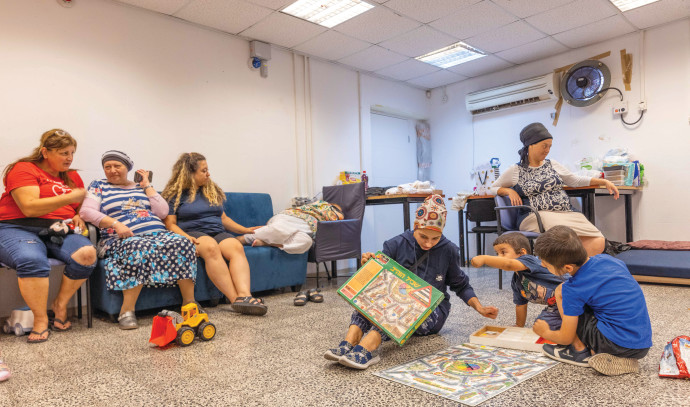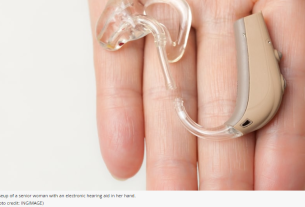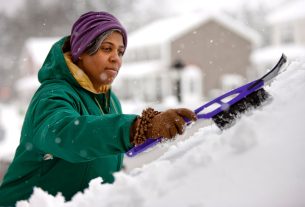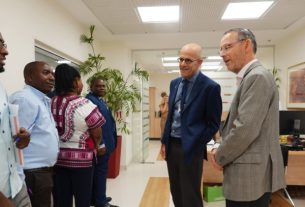Each of the four health funds should contact its member families, especially those with younger children, to proactively ask if any of them suffers from psychological problems due to the war, according to Prof. Zachi Grossman, a primary-care pediatrician at a large Maccabi Healthcare Services clinic in Tel Aviv.
“Parents bring their children to our clinics to treat infectious diseases and other physical problems,” he told The Jerusalem Post in an interview. “They don’t think of us as being knowledgeable about emotional problems. But we are trained to help children and teens of all ages for both physical and psychological problems, so they should consult us immediately if there are difficulties, especially in a war.” It would be good if each pediatrician could personally contact by email each of his young patients’ parents and ask how they feel, but this would be impossible, since in his clinic alone, he has a list of more than 1,500 patients.Grossman, chairman of the Israel Pediatric Association, graduated from the Hebrew University-Hadassah Faculty of Medicine in 1982 and did his pediatric residency at Hadassah Hospital in Tel Aviv in 1991. In 1995, he established IPROS, the Israel Pediatric Research in Office Setting Network in 1995 that has 450 members of coming from different setups of primary care, representing various geographical regions and health funds and treat patients who come from diverse socioeconomic backgrounds. They carry out virtual brainstorming year round on various clinical and research questions and have the unique opportunity to recruit pediatricians as future participants in studies.
Many young children don’t show their anxiety during situations like the current crisis. The war has caused some youngers to bed wet; refuse to go play outside or separate from their parents or sleep in the protected room, he said.
His main tip for helping parents in this situation is to talk with their kids and tell them that feeling sad, fearful and crying is normal. They should then establish a routine at home, giving their children tasks to do, like cleaning up their room, exchanging their winter clothes for their summer clothing and shoes for sandals – or even baking a cake with their parents. “They must be encouraged to do active things, not just listening to music, which is passive. Doing things themselves gives them a sense of control. After a while, the anxiety gradually fades.”
So many horrible videos of atrocities committed against Israelis by Hamas monsters have been viewed by teenagers and even by younger children. Grossman advises parents to talk to their children about this, asking if and what they viewed, and to explain that there is evil in the world but that Israel will overcome and the war will end with the country in a better position of strength and unity.
The four health funds’ pediatric clinics do not have long queues at present, as they are usually filled with children with complications of physical problems like respiratory infections. “But since kindergartens and schools have been shut for so long because of the High Holidays and the war, few have been exposed to such viruses,” said Grossman. “Parents who see emotional problems in their kids should come and consult with us right away.”
During the last two weeks, the Israel Pediatric Association has run numerous online webinars for hundreds of members to give its members special guidance on how to counsel parents specifically on coping with this war, which is unlike any event the country has been though since the War of Independence, he said.
The gradual return of children to their educational frameworks will relieve anxiety, he continued. “During the COVID-19 pandemic, when children and youths were locked up at home for months, we pediatricians at first thought that they were enjoying it. But it turned out that they missed their classmates and teaches so much that many suffered from anxiety, and the return to schools relieved their suffering.”
Asked if religious Jewish children are suffering from less anxiety during this war because they feel that “God will save us!”, Grossman speculated that this would not really relieve the fears in most except for some of the ultra-Orthodox. And Arab-Israel children are feeling the same anxieties as Jewish children, he said.
The Maccabi pediatrician believes that the nearly 10 months of division, name-calling and even hatred and violence between vying groups over the judicial overhaul that has been replaced by an outpouring of volunteering, donations and love in the entire population will remain in the Israeli psyche, making the country stronger than before.



